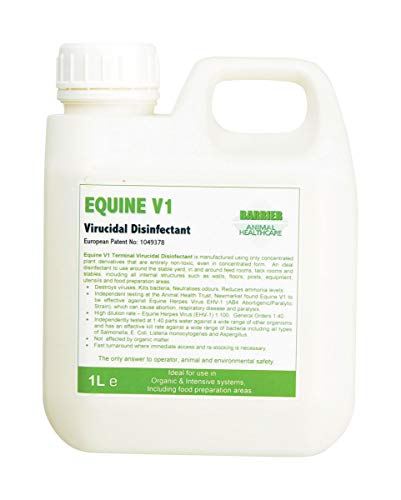

Using Jeyes Fluid in a high-powered cleaning device is not advisable. The chemical composition of this product can pose significant risks to both the equipment and the surfaces being cleaned. High-pressure machines are designed for specific detergents and cleaners, and introducing substances not approved for use can lead to damage or malfunction.
This particular cleaner contains strong biocides and solvents that may corrode the internal components of the equipment, resulting in costly repairs. Long-term exposure can also void warranties, leaving owners liable for any damages incurred. Manufacturers typically recommend using only their specially formulated detergents to ensure safety and reliability.
If you’re seeking alternatives for tough cleaning tasks, consider specialised pressure washer detergents that are compatible with your model. These products are specifically designed to enhance the performance of the machine while ensuring the longevity of its components. Always consult the manufacturer’s guidelines for the best recommendations when selecting cleaning agents.
Jeyes Fluid in a Cleaning Machine
Using this specific cleaning solution in a high-pressure cleaning device is not advisable. The chemical composition can damage internal components and void warranties. Always refer to manufacturer guidelines before incorporating any substances.
Typically, these devices are designed for water and compatible detergents. If alternative cleaners are needed, opting for products explicitly formulated for such equipment is recommended. Read labels closely for compatibility information.
| Component | Effect on Equipment |
|---|---|
| Jeyes Fluid | Can cause corrosion and seal degradation |
| Compatible Detergents | Safe for use and designed to maintain equipment |
For effective cleaning, consider using the proper attachments and settings as per the manufacturer’s instructions. This ensures optimal performance without risking damage to your equipment.
Understanding Jeyes Fluid and Its Uses
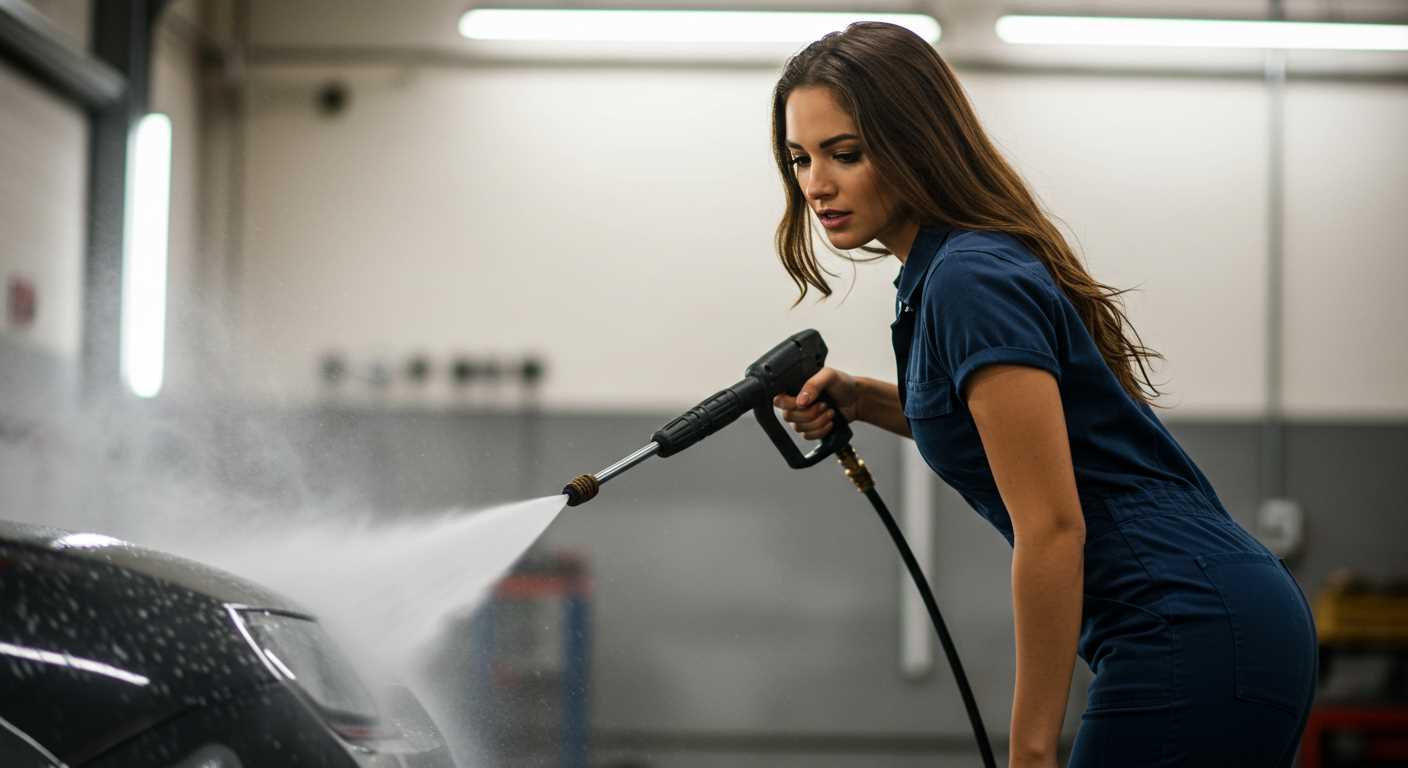
This cleaning agent serves multiple purposes primarily in outdoor settings. It effectively eliminates bacteria, fungi, and certain viruses, making it a popular choice among homeowners and professionals alike for disinfecting surfaces. Typically, it’s used in gardens, patios, and even on various types of hard surfaces to maintain hygiene and cleanliness.
Applications of the Product
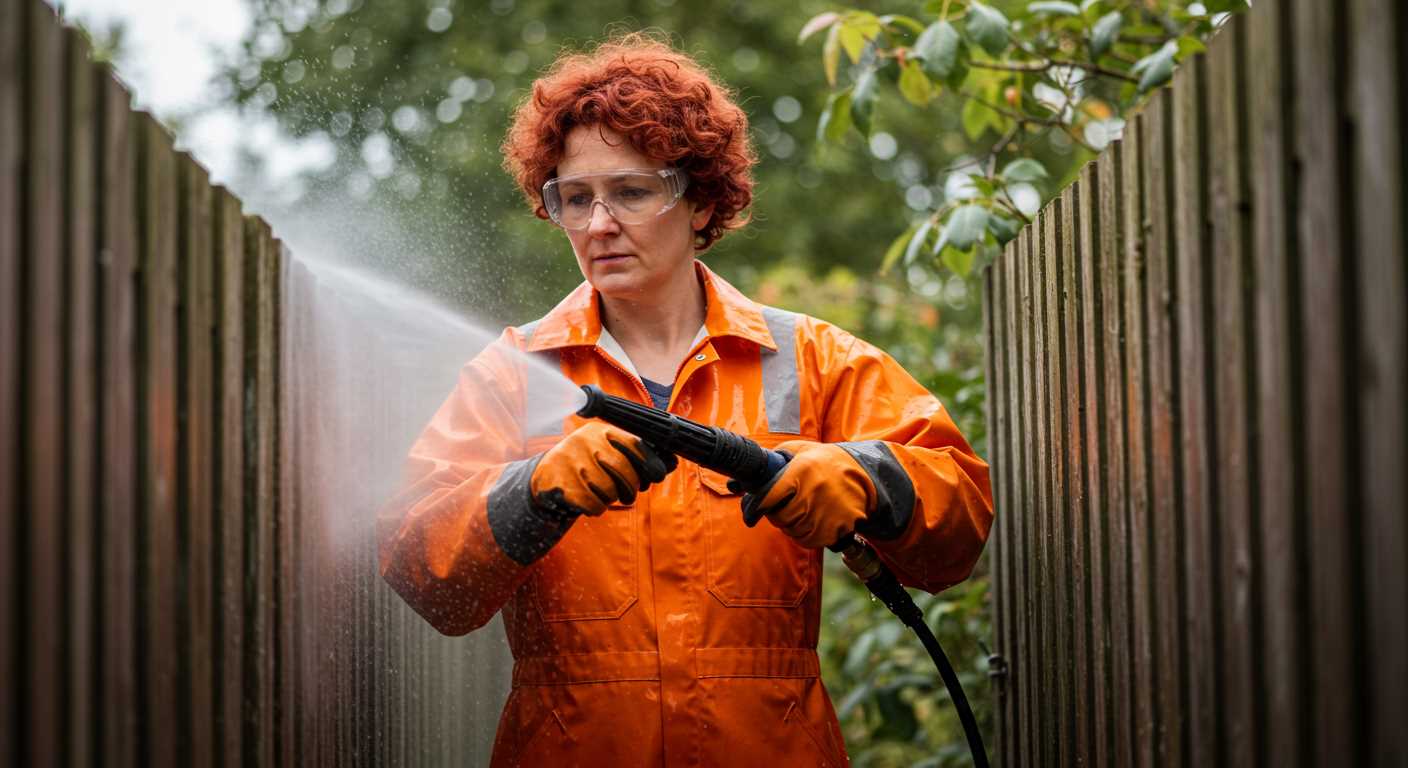
The versatility of this disinfectant allows for numerous applications:
| Application Area | Description |
|---|---|
| Gardening | Utilised to cleanse gardening tools and eliminate pathogens from the soil. |
| Pet Care | Applied in outdoor areas where pets roam, ensuring spaces are germ-free. |
| Surface Disinfection | Ideal for cleaning hard surfaces such as patios and driveways. |
| Waste Management | Can be used to treat waste bins to mitigate odours and bacteria. |
Safety Considerations
While useful, proper handling is imperative. Always wear protective gloves and avoid direct contact with skin. The solution is potent, and misuse can result in harmful effects to both health and surfaces. Ensure adequate ventilation when using it in enclosed areas to prevent inhalation of fumes.
Compatibility of Jeyes Fluid with Pressure Washers
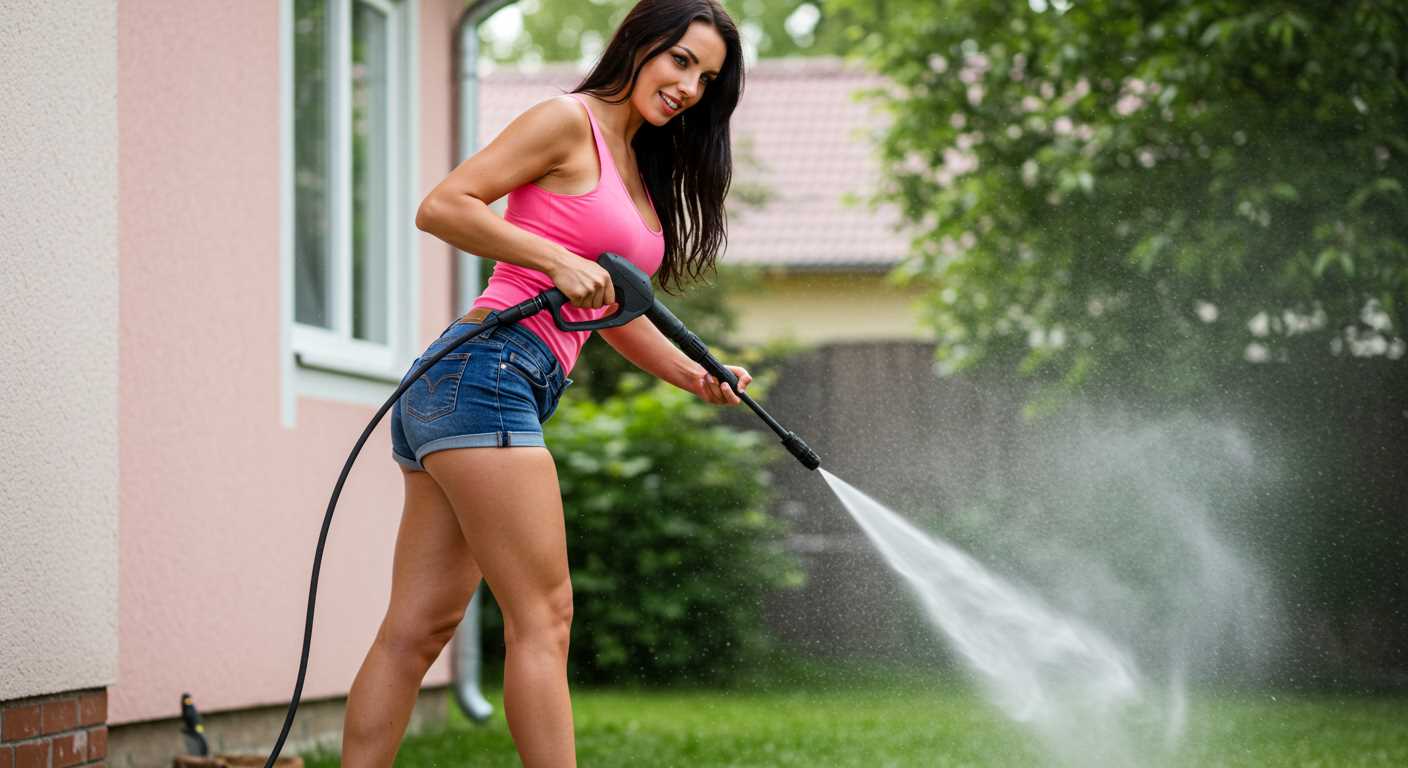
Combining Jeyes cleaner with your cleaning machine is inadvisable. This product contains ingredients that may not mix well with the components of your equipment. Using such a mixture can lead to corrosion or damage to seals, pumps, and hoses, resulting in costly repairs or diminished performance.
Manufacturer Recommendations
Always consult the manufacturer’s guidelines before introducing any cleaning agents into your device. Most brands specify suitable cleaning materials and outright caution against the use of substances that have not been tested for compatibility. Adhering to these recommendations maximises longevity and functionality.
Alternative Solutions
If you need a disinfectant while using your machine, consider alternatives that are specifically formulated for use with these devices. Many options offer effective sanitisation without harmful effects on the equipment. Always opt for products that are compatible and recommended for your specific model to ensure optimal results.
Risks of Using Jeyes Fluid in a Pressure Washer
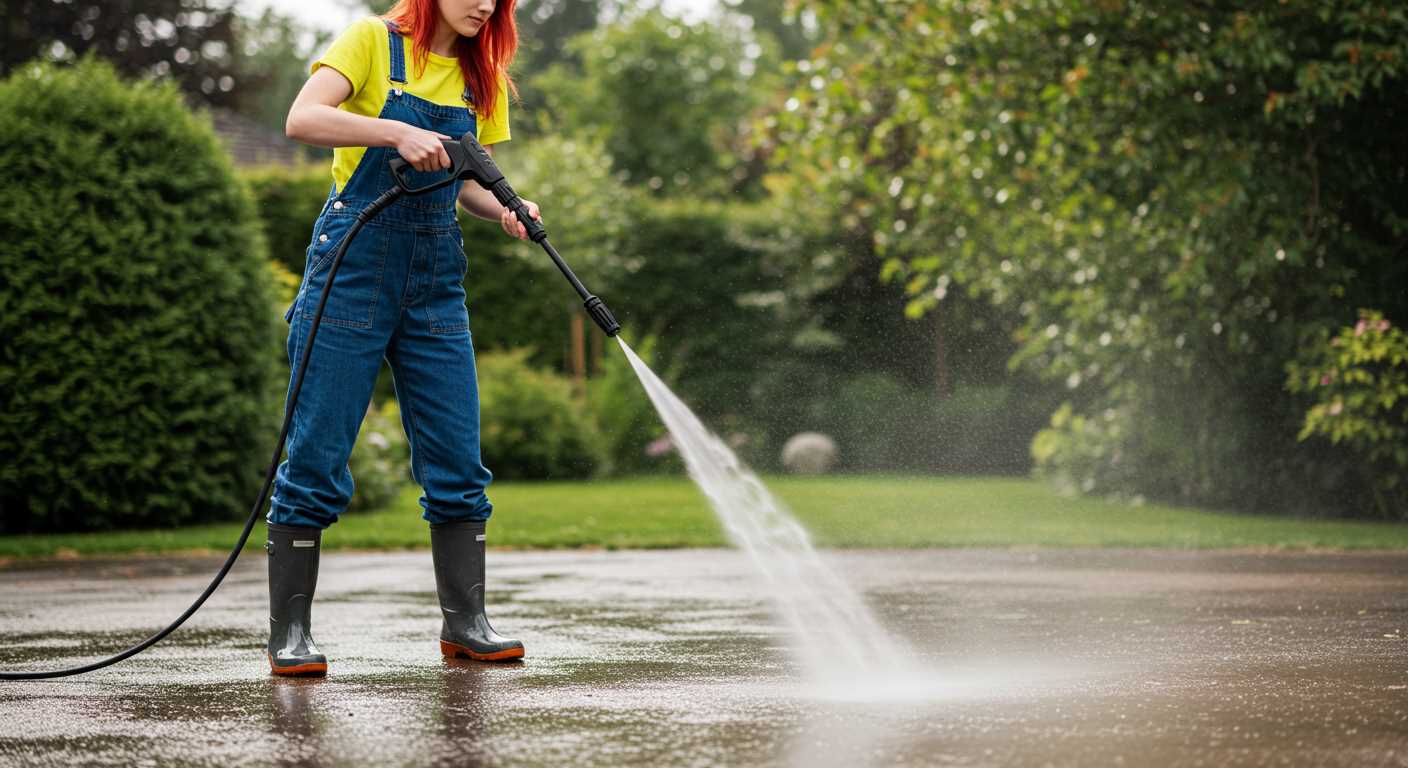
Using certain cleaning agents in high-pressure cleaning devices poses significant dangers. The chemical composition of the cleaning solution can potentially lead to damage and pose health risks. Here are some key concerns related to incorporating this product with your cleaning equipment:
- Equipment Damage: Detergents can corrode internal components if they are not designed for compatibility, which could lead to malfunctions or complete breakdowns.
- Aldehyde Exposure: Some formulas contain harmful compounds that may emit fumes. Prolonged exposure can irritate the respiratory system and eyes.
- Environment Concerns: Improper disposal of any leftover cleaning agent can harm surrounding vegetation and wildlife.
- Warranties Void: Using unapproved products often voids manufacturer warranties resulting in costly repairs.
- Slippery Surfaces: Residue can create hazards on surfaces after cleaning, increasing the risk of slips and falls.
- Residue Buildup: Some residues may not rinse cleanly, leading to potential long-term issues with surface integrity.
In summary, while this cleaning agent may seem effective for outdoor tasks, the associated risks far outweigh potential benefits in pressure cleaning systems. Always opt for cleaners specifically formulated for your machine to ensure safety and reliability.
Alternative Cleaning Solutions for Pressure Washers
For safe and effective cleaning, consider eco-friendly options such as vinegar, baking soda, or citric acid. These natural substances break down grime without harming surfaces or the environment. Vinegar works well for mineral deposits, while baking soda serves as a mild abrasive, perfect for scrubbing away tough stains.
Commercial solutions specifically designed for cleaning machines are also a viable choice. Look for biodegradable detergents that are compatible with various cleaning devices. Check product labels for surfactants that enhance cleaning power without damaging your equipment.
Using a specialised soap for vehicles ensures a gentle clean that protects paintwork and finishes. These soaps often contain wax or sealants that not only clean but also provide a protective layer, prolonging the life of the surface treated.
For tougher stains, consider an oxygen bleach-based cleaner. It effectively lifts stains without the harshness of chlorine, making it a safer option for outdoor use.
Another innovative approach involves using a foam cannon attachment, which creates thick foam that clings to surfaces. This method increases dwell time for cleaners, allowing chemical action to break down dirt and grime more effectively.
Always ensure compatibility with equipment by checking manufacturer guidelines for cleaning agents. Adhering to these guidelines guarantees optimal performance and extends the lifespan of your cleaning devices.
How to Safely Use Chemicals in Pressure Washers
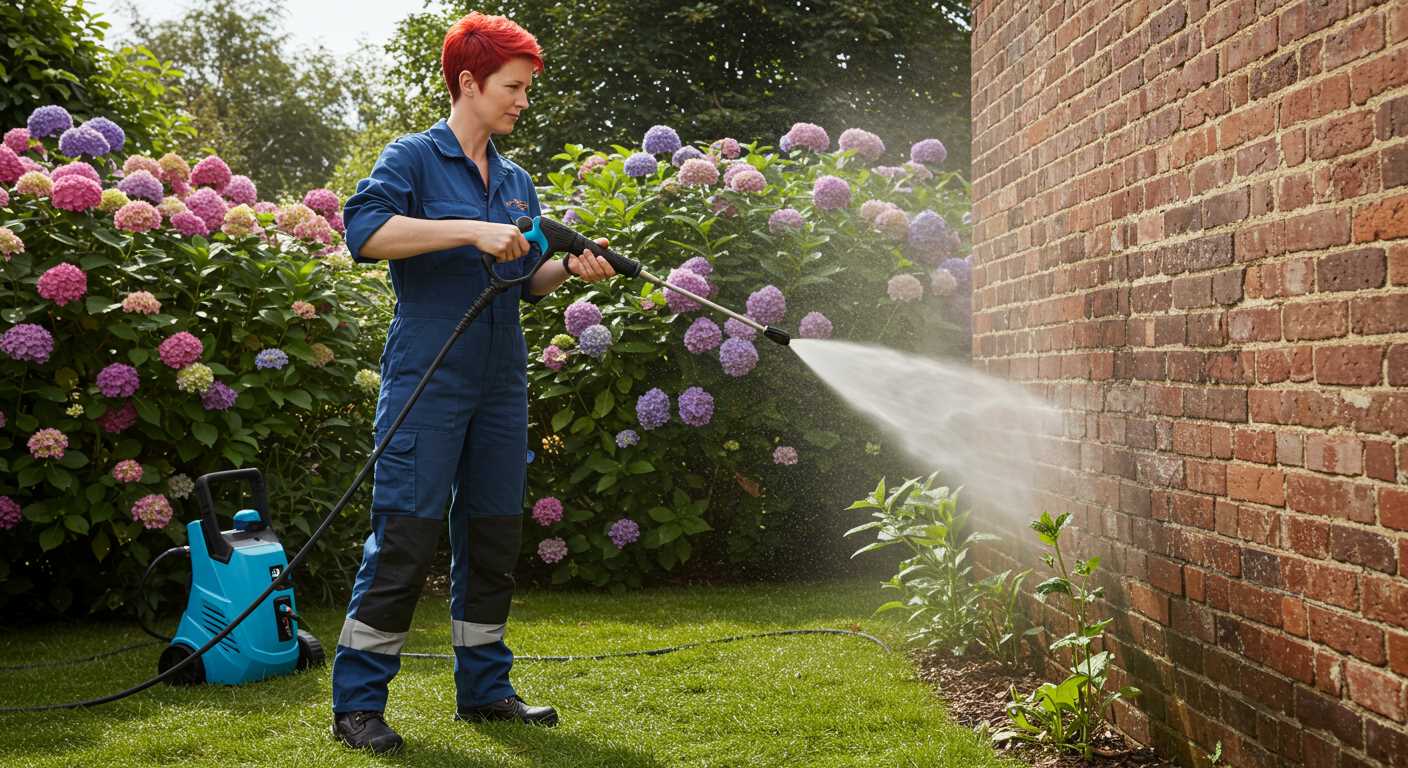
Utilising chemicals in your cleaning unit can enhance effectiveness, but caution is essential. Always consult the manufacturer’s guidelines for compatible substances to avoid damage. Use protective gear, such as gloves and goggles, to shield yourself from splashes and fumes.
Dilution is key; adhere to recommended mixing ratios. This ensures that the cleaning solution works optimally without risking equipment integrity. Pour the mixture only into designated tanks, and avoid any residue left in hoses or nozzles by flushing them after use.
Conduct a patch test on a small, inconspicuous area before applying any solution broadly. This will help you assess the potential impact on surfaces and materials. Be mindful of local regulations regarding chemical usage and disposal to prevent environmental harm.
Store chemicals securely, ensuring containers are tightly sealed and labelled. Maintain them in a cool, dry place away from direct sunlight. After every use, clean all parts of the machine that came into contact with the solution to prevent build-up and performance issues.
Lastly, always ensure adequate ventilation when using potent substances. Proper airflow reduces the risk of inhalation and exposure to harmful fumes, enhancing safety for both you and those around you.
Maintenance Tips for Pressure Washers After Chemical Use
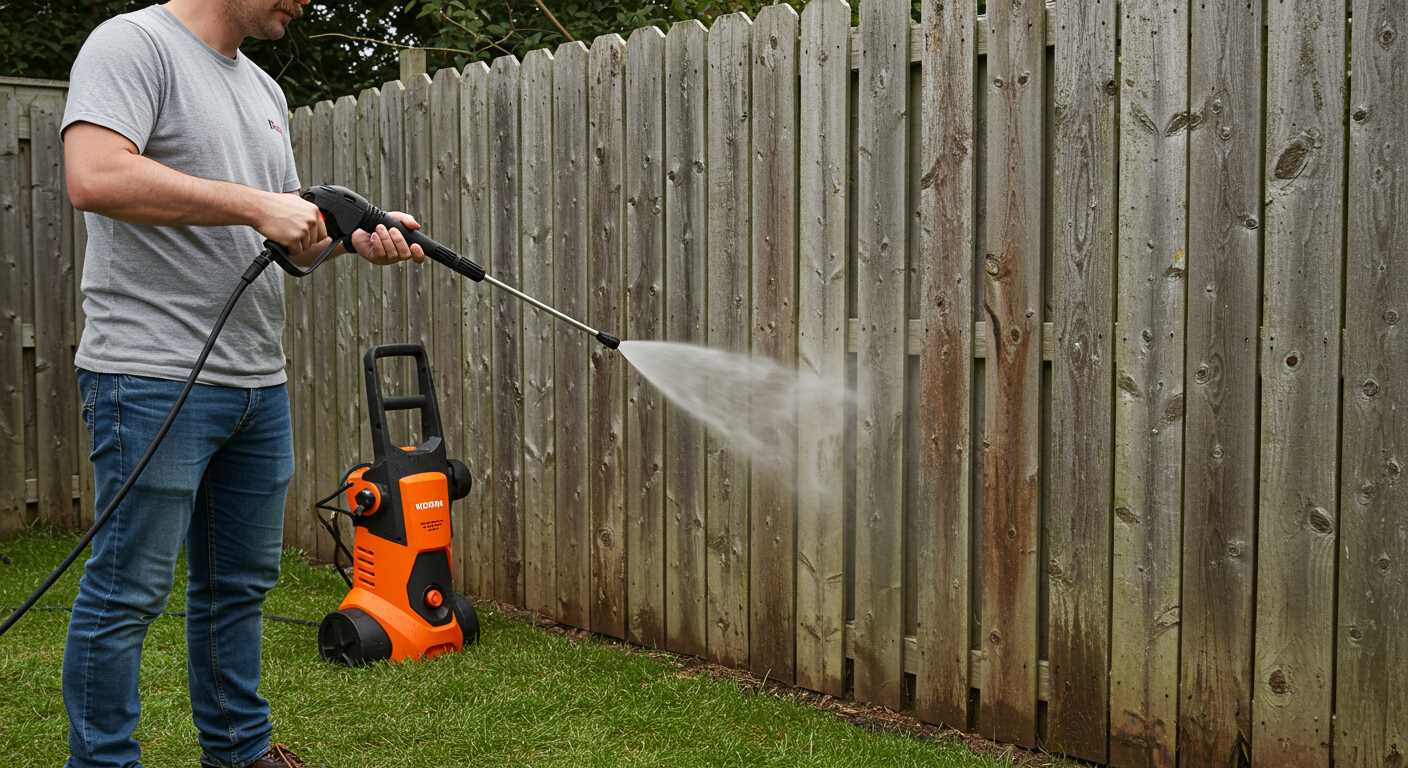
Immediately after using any cleaning agents, it’s crucial to perform thorough maintenance on your equipment. Follow these guidelines to ensure optimal performance and longevity.
- Flush the System: Run clean water through the machine for at least five minutes to remove any chemical residues. This prevents corrosion and blockages.
- Inspect Seals and Hoses: Check for any signs of wear or damage. Chemicals can degrade rubber and plastic components, so replace them if necessary.
- Clean the Filter: Remove and clean the inlet filter. This step ensures that debris and chemical remnants do not interfere with future operations.
- Check the Nozzle: Inspect the nozzle for clogs. Rinse it with water and use a soft brush to clean if needed. A blocked nozzle can reduce efficiency.
- Store Properly: Drain all water and chemicals before storing. Ensure the machine is kept in a dry, temperature-controlled environment to avoid freezing or dampness.
These measures can significantly extend the lifespan of your equipment and maintain its functionality. Regular checks and cleanings after using any chemicals prevent long-term damage and costly repairs.
Regulations and Guidelines for Using Chemicals Outdoors
Adhere strictly to local environmental regulations when utilising chemicals outdoors. Specific legislations may govern the application of various substances, particularly those with harmful or hazardous characteristics.
Label instructions must be closely followed to mitigate risks associated with chemical use. This includes recommended dilution ratios and safety precautions. Always wear protective gear such as gloves, goggles, and masks to safeguard against potential exposure during application.
Dispose of any leftover chemicals responsibly, ensuring compliance with local waste disposal regulations. Many communities provide specific disposal sites for hazardous materials to prevent environmental contamination.
Consider weather conditions before treating outdoor spaces. Avoid application during windy or rainy days to prevent drift and ensure optimal effectiveness. Furthermore, avoid using strong chemicals near edible plants or water sources to prevent adverse reactions and contamination.
Regularly review safety data sheets (SDS) for any chemicals employed. These documents provide essential information on handling, hazard identification, and first aid measures in case of exposure.
Engage in training sessions or seek expert advice if unsure about chemical applications. Understanding safe practices in chemical usage can significantly reduce risks and ensure a safe working environment.

